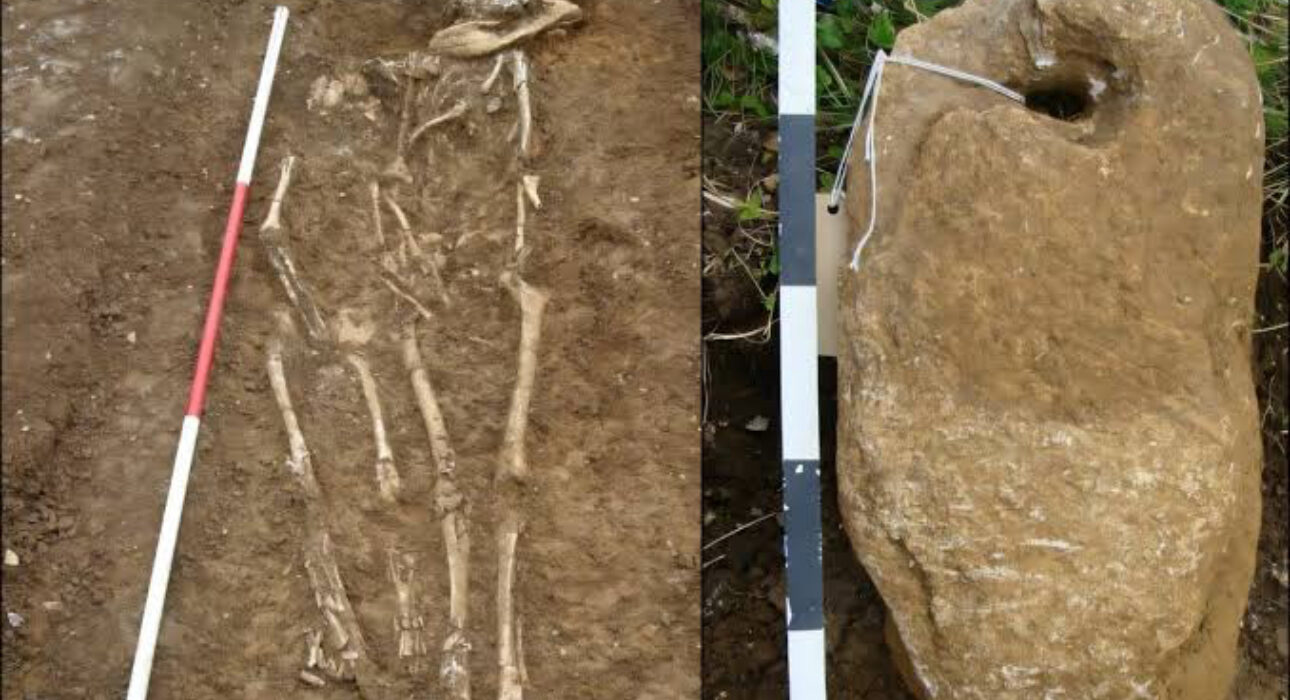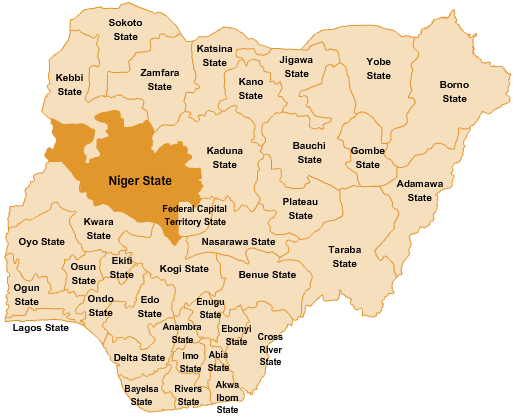Archaeologists Stunned as Yoruba Ancestry Discovered in Early Medieval England

Archaeologists and geneticists have uncovered a remarkable discovery in southern England that is reshaping perceptions of the country’s early medieval past.
Ancient DNA analysis has revealed that two individuals buried in the 7th century AD carried significant West African ancestry, with clear genetic links to the Yoruba and other West African groups.
The remains were found in two separate locations—Updown in Kent and Worth Matravers in Dorset—and date back to the Anglo-Saxon period. Despite both individuals being buried according to local customs, their DNA revealed striking evidence of African heritage.
Researchers determined that each had a West African paternal grandparent, while their maternal lineages were consistent with northern European ancestry.
The girl from Kent, nicknamed the “Updown Girl,” was laid to rest with rich grave goods, including a Frankish-style pot and a spoon possibly connected to Byzantine or Christian traditions, suggesting high status and broad cultural links. Meanwhile, the young man in Dorset was buried alongside another male of British ancestry with more modest items, showing he too was fully integrated into his local community.
Experts say the finding challenges long-held assumptions of a culturally and genetically homogenous Anglo-Saxon England. Professor Duncan Sayer of the University of Central Lancashire noted that Kent, where one of the burials was discovered, was a royal hub with international connections, making it plausible that individuals with African heritage could have lived and thrived there. Dr. Ceiridwen Edwards of the University of Huddersfield added that the discovery underscores the cosmopolitan nature of early medieval Britain, with networks reaching far beyond Europe.
Historians believe the ancestry could have been introduced through Mediterranean and Byzantine trade routes, which were active at the time and connected with North Africa.
The research suggests that not only goods but also people traveled across great distances, weaving a far more diverse story of migration and settlement in early England than previously imagined.
This revelation is considered a breakthrough in archaeogenetics, highlighting that even over 1,300 years ago, Britain was already a land of global connections—with individuals of Yoruba ancestry leaving their mark on its early medieval history.









